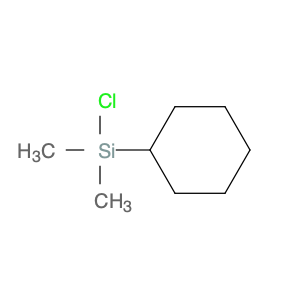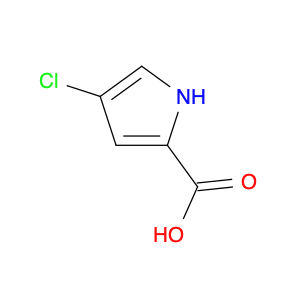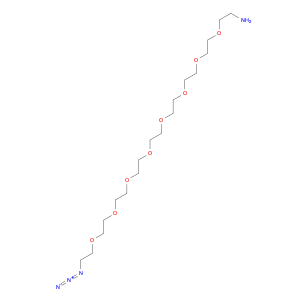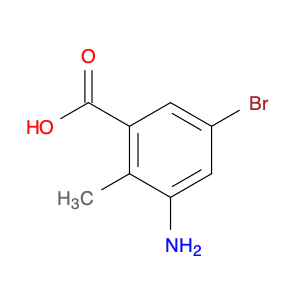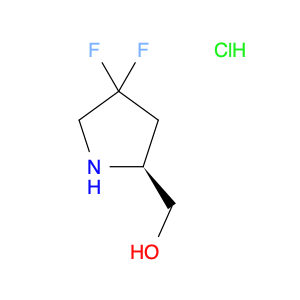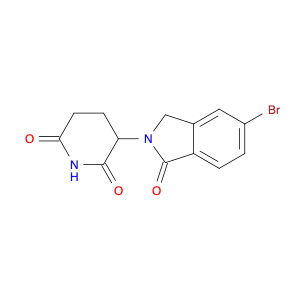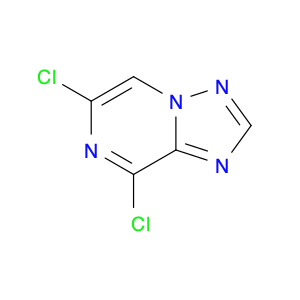Chloro(cyclohexyl)dimethylsilane, also known as CCCS, is a versatile chemical reagent widely used in organic synthesis. This compound serves as a key building block in the preparation of various functionalized organosilanes, which find applications in a range of industrial processes and research endeavors.One of the primary uses of CCCS is in the field of organosilicon chemistry, where it acts as a valuable precursor for the synthesis of silicon-containing compounds. The chlorosilane functional group in CCCS allows for selective functionalization reactions, enabling chemists to introduce diverse functionalities onto the silicon atom. This flexibility makes CCCS particularly valuable in the design and preparation of novel materials with tailored properties.Furthermore, CCCS plays a crucial role in the modification of surfaces and interfaces in materials science. By utilizing CCCS as a reagent, researchers can easily functionalize substrates and create self-assembled monolayers with specific chemical properties. These modified surfaces exhibit unique properties such as enhanced hydrophobicity or improved adhesion, making them valuable in applications ranging from coatings and adhesives to biomedical devices.Additionally, CCCS is widely employed in the synthesis of advanced organosilicon compounds used in the pharmaceutical industry. Its ability to introduce cyclohexyl and dimethyl groups in a controlled manner enables the preparation of complex molecules with potential biological activity. By incorporating CCCS-derived fragments into drug candidates, chemists can fine-tune their physicochemical properties and enhance their therapeutic efficacy.Overall, Chloro(cyclohexyl)dimethylsilane is a versatile reagent with diverse applications in chemical synthesis, materials science, and pharmaceutical research. Its unique properties and reactivity make it an essential component in the toolkit of synthetic chemists seeking to access novel organosilicon compounds and functionalize surfaces with precision.
 sales@aaronchem.com
sales@aaronchem.com
